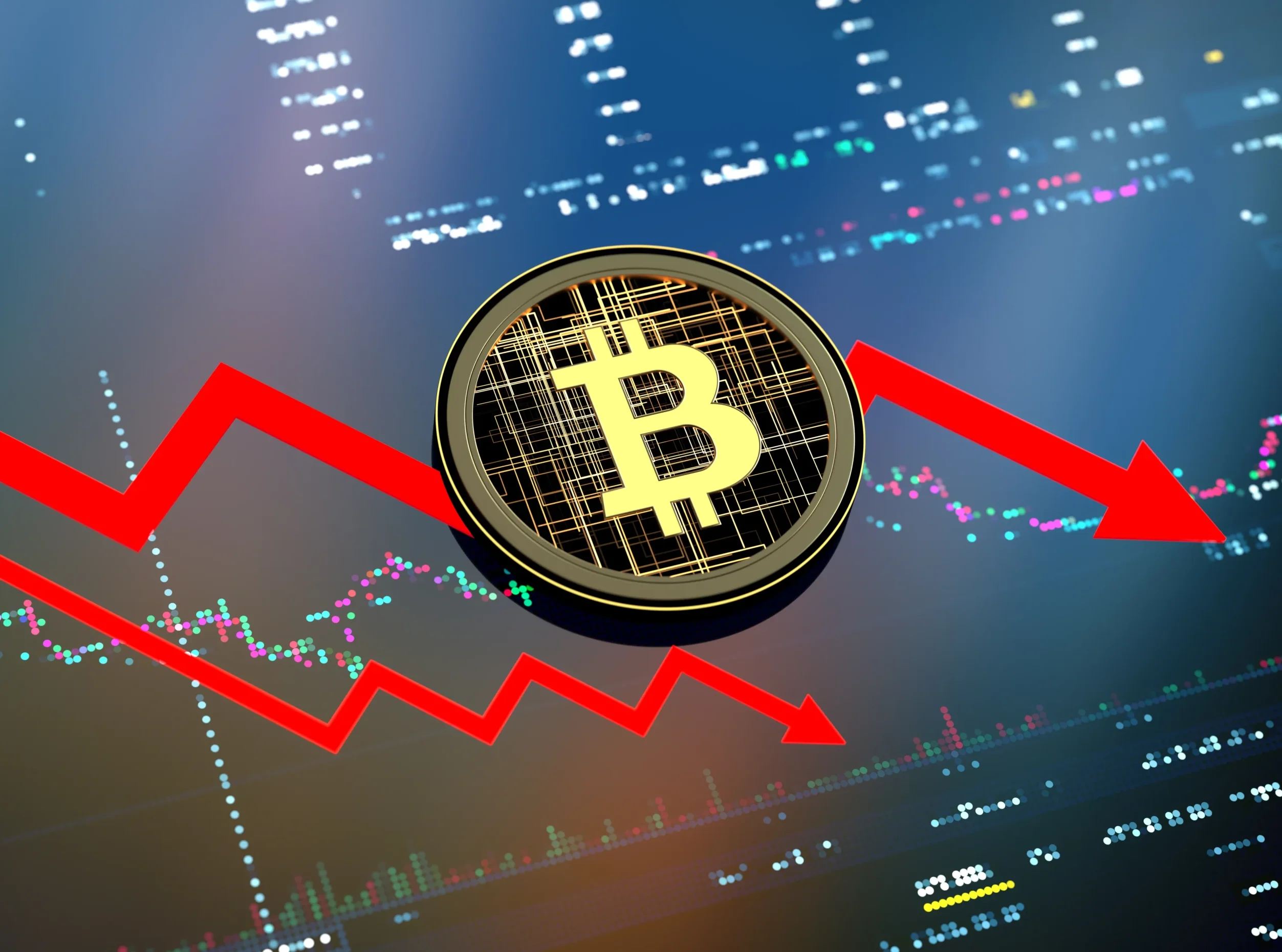Michael Saylor Bitcoin price volatility price volatility still enthralled analysts, investors, and the larger financial community as the leading Cryptocurrency Matching. Bitcoin’s swings can define the mood for the digital asset market. Many have recently turned to Michael Saylor’s Bitcoin price volatility. Co-founder and Executive Chairman of MicroStrategy. For ideas following a dramatic drop in the value of Bitcoin. Well-known for his consistent positive attitude and significant corporate Bitcoin ownership, Saylor’s viewpoint is compelling. His most recent comments on the declining value of Bitcoin have generated a lot of debate; so, anyone interested in the future of Bitcoin has to grasp his point of view. Examining Michael Saylor’s reaction in great detail, this paper offers a thorough background on the price dynamics of Bitcoin, institutional acceptance, and what his statements signify for investors and the cryptocurrency community.
Micheal Saylor’s Pioneering Role in Corporate Bitcoin Adoption
Michael Saylor marks a turning point in the history of Bitcoin price volatility as he moves from a conventional software entrepreneur to one of the most outspoken champions of the currency. Starting in 2020, Saylor, MicroStrategy’s CEO, led a novel corporate Bitcoin strategy. With its significant billion-dollar Bitcoin purchases, the business has solidified its position as one of the largest corporate holders of Bitcoin worldwide. Saylor’s public fervour and strategic vision have raised Bitcoin’s legitimacy inside and outside institutions.
Michael Saylor Bitcoin price volatility thesis is based on Bitcoin’s special qualities as a distributed, limited digital asset. He sees Bitcoin not only as a speculative tool but also as a better store of wealth. Able to hedge against inflation and the devaluation of fiat money. Many institutional investors looking for substitutes for cash holdings amid increasing economic uncertainties have connected with this point of view. Therefore. The financial industry watched Saylor’s analysis to determine the attitude of a prominent Bitcoin advocate when the price of the asset stumbled lately.
Macroeconomic and Geopolitical Drivers of Bitcoin Volatility
Michael Saylor’s Bitcoin price volatility drop cannot be seen in a vacuum; instead, it needs to be seen in the larger macroeconomic and geopolitical setting. While developing, the bitcoin market is nevertheless vulnerable to changes in monetary policy and laws. And world events. Central banks, led by the U.S. Federal Reserve, have tightened their monetary policies during the past year to lower inflation. Quantitative tightening and interest rate increases have downwardly pressured risk assets, including Bitcoin. Concurrently, regulatory uncertainties in big nations, including China, the European Union, and the United States, gave crypto investors other layers of worry. Additional factors driving further market volatility were geopolitical tensions, supply chain interruptions, and economic concerns.
 Moreover, Bitcoin’s intrinsic volatility, enhanced by speculative trading and fast influxes of retail investment, sometimes leads to substantial price falls after protracted gains. These elements, taken together, generate the current downturn in Bitcoin prices, which, although disturbing to some, many seasoned market watchers expected.
Moreover, Bitcoin’s intrinsic volatility, enhanced by speculative trading and fast influxes of retail investment, sometimes leads to substantial price falls after protracted gains. These elements, taken together, generate the current downturn in Bitcoin prices, which, although disturbing to some, many seasoned market watchers expected.
Michael Saylor’s Enduring Confidence in Bitcoin
Saylor further underlined how institutional acceptance is crucial for promoting Michael Saylor’s Bitcoin price volatility and long-term price increase. Comparing this to the early years of disruptive technological companies like Amazon and Tesla, he argued that Bitcoin is still in the early adoption stage, and volatility is expected but should not discourage committed investors. For individuals with a long-term view, price adjustments instead generate strategic purchasing chances.
Institutional Adoption and Maturation of Bitcoin Markets
The increased participation of institutional investors in Bitcoin markets supports Michael Saylor’s point of view. Companies such as Tesla. Square (now Block). MicroStrategy has made notable Bitcoin acquisitions over the past several years, indicating growing corporate adoption. Institutional investors offer money, discipline, and legitimacy to Bitcoin markets. Usually, when long-term investing plans are used and there are more resources for risk management, their involvement helps to reduce severe volatility. One of the main differences between the market of today and the more retail-driven stages of Bitcoin’s past is this increasing institutional participation.
Moreover, financial companies are creating increasingly advanced Bitcoin-related products, including futures, options, and exchange-traded funds (ETFs). These tools improve liquidity, allow for hedging techniques, and draw a larger investor pool. Though still developing, regulatory clarity on these goods will probably hasten institutional involvement—a point Saylor often stresses.
Bitcoin’s Technology, Scarcity, and Network Effects
One cannot adequately grasp the big price of Bitcoin Bull Market without appreciating its underlying technology and economic concept. The Bitcoin blockchain maintains a distributed ledger kept by a worldwide network of miners verifying transactions with the proof-of-work consensus technique. This mechanism guarantees openness without centralised control and guards the network against threats. Rare in digital assets. The hard cap of 21 million bitcoins introduces a scarcity trait shared with precious commodities like gold. Unlike fiat currencies, which governments can issue in unlimited numbers, Bitcoin’s supply is set and predictable; mining rewards halve about every four years—a process known as the “halving” event. Reflecting supply-demand dynamics, these halvings have always preceded significant price hikes.
 With rising numbers of wallets, stores, institutional players, and technology integrations, Bitcoin’s network effects also keep expanding. This growing ecosystem enhances Bitcoin’s value and utility, elements that Michael Saylor views as optimistic for Bitcoin’s price volatility, even with temporary price drops.
With rising numbers of wallets, stores, institutional players, and technology integrations, Bitcoin’s network effects also keep expanding. This growing ecosystem enhances Bitcoin’s value and utility, elements that Michael Saylor views as optimistic for Bitcoin’s price volatility, even with temporary price drops.
Saylor’s Strategy: Long-Term Bitcoin Investment Discipline
Michael Saylor’s Bitcoin price volatility helps keep their perspective during market turmoil. Focusing on Michael Saylor’s Bitcoin price volatility long-term foundation promotes a disciplined investment strategy, including dollar-cost averaging, which helps reduce market timing-related risk. Michael Saylor’s Bitcoin price volatility position further emphasises the need to know Michael Saylor’s Bitcoin price volatility not only as a speculative asset but also in line with a larger movement toward distributed finance and digital asset diversification. His faith in institutional adoption and regulatory advancement implies that the present price drop might be the basis for future expansion rather than indicating a structural issue.
Final thoughts
Externally, referencing credible sources such as CoinDesk. Bloomberg Crypto. The official MicroStrategy website. And Federal Reserve studies help reinforce the content’s factual basis. Such referrals give users access to the primary material and continuous market analysis, increasing search engine credibility.


